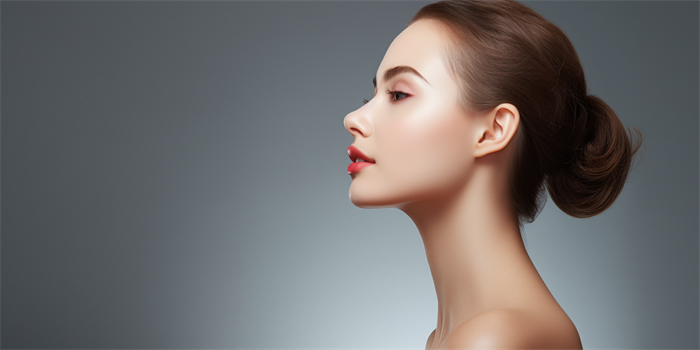Can I Eat Beef After AlloDerm in Cork?
Understanding AlloDerm and Its Application
AlloDerm is a type of tissue graft used in various medical procedures, including dental and reconstructive surgeries. It is derived from donated human skin and is processed to remove cells, leaving behind a collagen-based matrix. This matrix is then used to support tissue regeneration. The use of AlloDerm in Cork, Ireland, follows the same principles as its application elsewhere, ensuring that patients receive high-quality medical care.

Post-Surgery Dietary Considerations
After undergoing a procedure that involves the use of AlloDerm, it is crucial to follow a diet that promotes healing and minimizes complications. Beef, being a rich source of protein, is generally beneficial for recovery. However, the manner in which it is prepared and consumed can impact the healing process. It is advisable to opt for lean cuts of beef and prepare them in a way that is gentle on the digestive system, such as grilling or baking.
Potential Risks and Precautions
While beef can be a part of a post-surgery diet, it is important to be aware of potential risks. Consuming undercooked or processed meats can introduce bacteria that may cause infections. Additionally, high-fat content in certain cuts of beef can lead to digestive discomfort. Patients should consult with their healthcare provider to ensure that their diet aligns with their specific recovery needs.
Nutritional Benefits of Beef
Beef is rich in essential nutrients such as protein, iron, and zinc, which are vital for tissue repair and overall health. Protein, in particular, plays a key role in the regeneration of tissues. Including lean beef in the diet can provide these nutrients without the added risks associated with high-fat content. Patients should focus on balanced nutrition to support their recovery process.
Consulting Your Healthcare Provider
The decision to include beef in your diet post-AlloDerm surgery should be made in consultation with your healthcare provider. They can provide personalized advice based on your medical history, the specifics of your surgery, and your current health status. This ensures that your dietary choices support your recovery and do not introduce unnecessary risks.
FAQ
Q: How soon after AlloDerm surgery can I start eating beef?
A: It is advisable to wait until your healthcare provider clears you for a regular diet, which typically happens a few days post-surgery. They will provide specific guidance based on your recovery progress.
Q: Are there specific types of beef I should avoid?
A: Yes, it is recommended to avoid processed and high-fat cuts of beef. Opt for lean cuts and prepare them in a healthy manner, such as grilling or baking.
Q: Can beef consumption affect the success of AlloDerm graft?
A: Properly prepared and consumed beef should not negatively impact the success of the AlloDerm graft. However, it is crucial to follow your healthcare provider's dietary recommendations to ensure optimal healing.
Q: What other foods should I include in my post-surgery diet?
A: A balanced diet should include a variety of foods rich in protein, vitamins, and minerals. This includes lean meats, fish, vegetables, fruits, and whole grains. Your healthcare provider can provide a detailed dietary plan tailored to your needs.
In conclusion, while beef can be a beneficial part of a post-AlloDerm surgery diet, it is essential to consume it in a manner that supports healing and minimizes risks. Always consult with your healthcare provider for personalized dietary advice to ensure a smooth recovery process.




